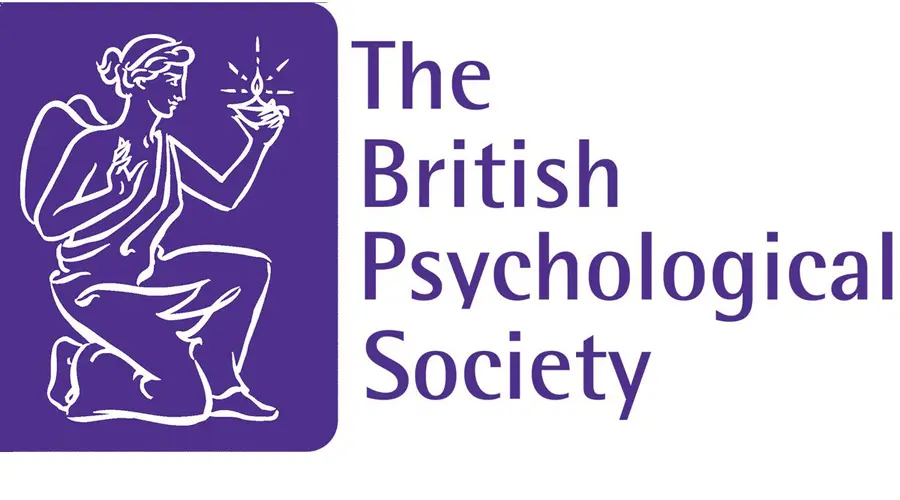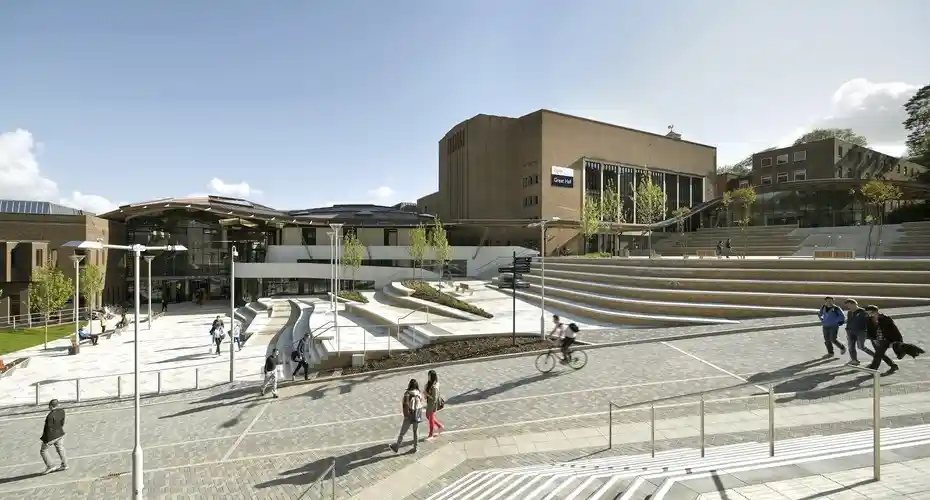All applications must be sent to the Clearing House by the beginning of December the year prior to entry. Visit the Clearing House website for precise deadline dates each year.
Our approach to selection:
We are looking for trainees ready to embrace learning, with an existing commitment to inclusion, reflection and developing high levels of competence in research, clinical work, academic assignments and socio-cultural competence. We also want to attract trainees who are able to demonstrate that their values and behaviours align with the values of the NHS Constitution and who meet the requirements of the Clinical Psychology Trainee Job Description and Person Specification (pdf).
Our selection process:
Minimum requirements for application
All applications that meet the minimum academic and clinical requirements for the course will go through our shortlisting process. In order to apply you must have:
Graduate Basis for Registration (GBC) confirmed at time of application;
Plus one of the following
- 1st class or 2:1 psychology degree
- 1st class or 2:1 non-psychology degree plus completion of an accredited psychology conversion course, awarded at a Merit or Distinction
- 2:2 undergraduate psychology degree plus a research Masters (a course that requires completion of a research dissertation), awarded at Merit or Distinction, a DPhil or a PhD
- 2:2 without a Masters if one of the Contextual Admissions criteria (on the Clearing House Contextual survey) is met
Plus a minimum of 1 year (full time equivalent) of clinically relevant experience
Shortlisting
All applications that meet the minimum academic and clinical requirements for the course will go through our shortlisting process outlined below:
Assessment questionnaires
All applicants who meet the minimum application criteria will be invited to undertake a battery of questionnaires which ask about various relevant capacities (such as self-reflection, receptivity to feedback, compassion and team working). These questionnaires are not tests of intelligence or mental ability; you will be sent a link to complete these questions at home.
Fairness and equality of access is our priority at Exeter. The questionnaires used have been rigorously tested for validity and reliability across a range of populations and we have undertaken our own internal checks to ensure that their use has not shown bias towards any particular group. We will continue to review this every year.
Application form review
Scores on the assessment questionnaires are rank-ordered and the top 50% are sent to our second stage of shortlisting, where forms are reviewed by our shortlisting panels. After this, applicants will be informed if they have been invited to interview. We shortlist 90 applicants to interview for 30 places.
Positive action
Due to the underrepresentation of people from the global majority in the profession of clinical psychology and the demonstrated bias towards white applicants in the shortlisting process, we have devised a Positive Action route for applicants who identify as being from a racially minoritised group; this has been used for the past two years
Following the application form review, all those who are not shortlisted for interview and who identify as from a racially minoritised group, will be considered under the Positive Action policy. Eligible applications are reviewed and if they meet the minimum interview criteria (a minimum score across our standard shortlisting criteria), they will be offered interview. Additionally, any applicants eligible for Positive Action who are placed on the reserve interview list during the shortlisting process, will be automatically offered interview.
Positive Action interviews are offered in addition to the 90 short-listed interviews. Positive Action interviews are randomly allocated to interview panels throughout the interview days and are undertaken in exactly the same way as other interviews; panel members do not know who has come from the Positive Action route and application forms are not made available to interview panels. In the two years we have used Positive Action, people coming from this route have been amongst those who received first-offers and reserve-offers to our cohort.
If you would like to make use of our positive action processes you will need to provide consent for your Equal Opportunities data to be shared with the course at the time of application.
Application data
The data you provide in your application is used in the following areas:
- for processing your application and for the selection processes we use as a programme;
- for audit, research and service enhancement, which may include making anonymised data public;
- for producing and reporting monitoring statistics, which may include making anonymised data public.
Please note that when making anonymised data public, this will always be reporting data as a group and never for individuals.
DBS checks
All offers are conditional on successful completion of DBS checks (candidates are responsible for organising this) and Occupational Health checks.
Interviews
Following shortlisting, applicants will be notified whether they are being invited for interview, on the reserve list for interview, or have been unsuccessful.
Interviews will be held remotely via Microsoft Teams in the spring of each year. We have a two-stage interview process - one interview will focus on research knowledge and ability, the other will focus on clinical knowledge and ability, and readiness for training. Interviews will take place on the same day with a break in between and will be undertaken by different interview panels, allowing for multiple and diverse perspectives to feed into the outcome. Interview panels will be made up of course team members, clinicians and experts by experience. Candidates may be given tasks to undertake prior to the interview in preparation for the day, such as a video/roleplay/research design.
Applicants who are invited for interview will be able to take advantage of our buddy system, enabling them to meet with a current trainee prior to interview to find out more about the lived experience of the course and trainee life at Exeter. Applicants who require adaptations to interview processes due to disability / additional needs should contact us.
Applicants should consult the Clearing House website to find out the dates for interview for the relevant year and whether interviews will be online or in person. In exceptional circumstances, alternative interview dates are available, please contact the course team to find out if your circumstances apply.
Once interview days have concluded, applicants will be notified of the outcome of their application (offer, reserve offer or unsuccessful). Unsuccessful and reserve list applicants will be given the opportunity to meet with the chair of their interview panel to get feedback on their interview.
All offers of a place on a course are dependent on satisfactory criminal record and health checks and compliance with health checks will be acted upon.
International Trainees
We hold our international interviews a month before our ‘home student’ interviews. Shortlisting for international interviews is done by programme staff and the interview panel is made up of a member of the programme senior management team and a Psychology Head of Service from one of our local NHS Trusts. Like the home students, unsuccessful international trainees are offered a chance to talk to the course staff that interviewed them for feedback.
English language requirements
International students need to show they have the required level of English language to study this course. The required test scores for this course fall under Profile F: view the required test scores and equivalencies from your country.
Equality, diversity and inclusion
The programme is committed to equality, diversity and inclusion (EDI) across all aspects of the course, not only from a social justice standpoint, but because we recognise the immense value that a broad range of experiences and backgrounds bring to the profession of Clinical Psychology. We are committed to diversifying the profession so that clinical psychologists also reflect the diversity within the client groups we serve.
We welcome applicants from diverse cultural and personal contexts, mature applicants with extensive life experience, and applicants with disabilities. Candidates with disabilities are welcome to contact us to discuss the programme's capacity to meet their training needs. Please contact the Programme Administrator or the University AccessAbility department for further details.
Our selection procedures are designed to be fair, and informed by current thinking on broadening access, thereby enabling the Exeter programme to select the strongest candidates. We use positive action for people from racially minoritised groups and contextual admissions processes for those who have faced socio-economic disadvantage. We do not require candidates to have a driving licence; however, because of the remoteness of some of the placements this is advised.
We run two mentoring schemes for those from racially minoritised backgrounds: Breaking Through, for those considering applying for DClinPsy training, and Amplify, for those currently on training. We also have active ‘Anti-racism’ and ‘Addressing Disability’ working groups on the course so that we can continuously review and refine our processes.
DClinPsy training at Exeter is informed and enriched by input from our Lived Experience Group. Experts by experience are involved in the design and delivery of the course including selection, the curriculum and teaching, and research consultation, and we are committed to continued involvement. We encourage those with experience of using clinical psychology and mental health services to apply.













